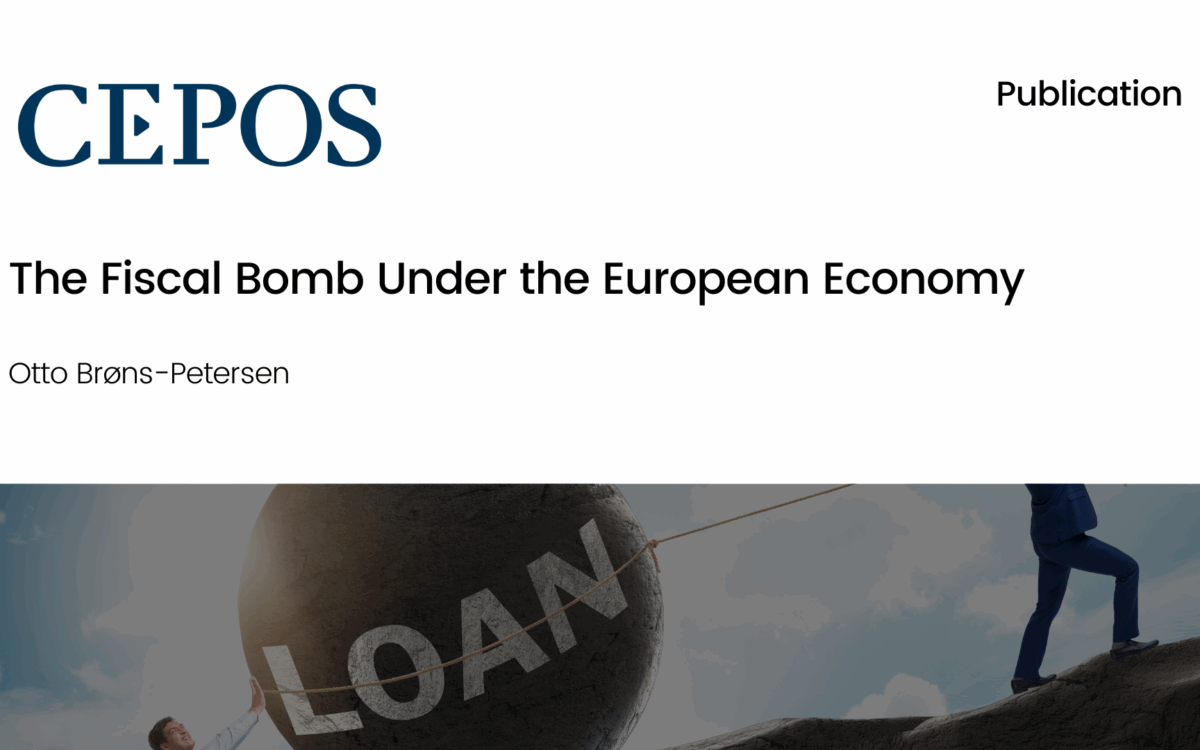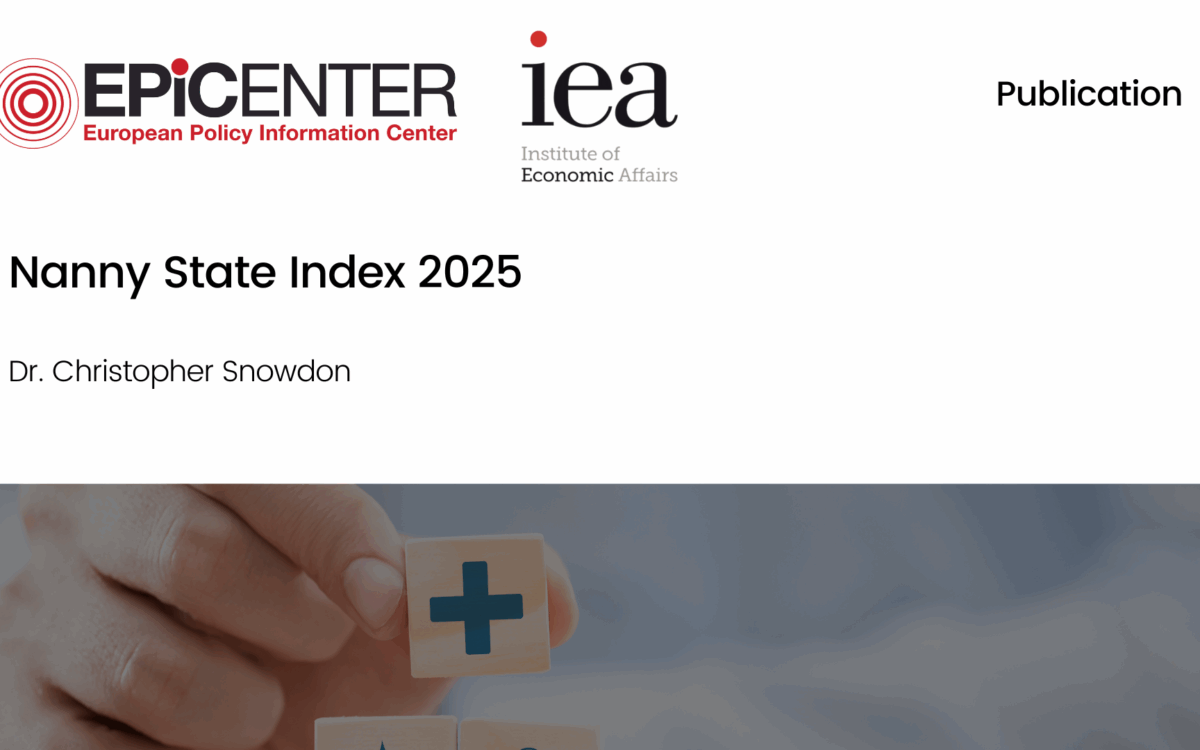Draghi’s Dilemma: Competitiveness, Great Power Competition, and Europe’s Next Move

Draghi's Dilemma: Competitiveness, Great Power Competition, and Europe's Next Move
Carl-Vincent Reimers // 30 September 2025
Europe is at a crossroads. With rising geopolitical tensions, soaring energy costs, and an accelerating global technology race, the EU’s competitiveness is under unprecedented pressure.
Draghi’s Dilemma: Competitiveness, Great Power Competition and Europe’s Next Move, warns that unless decisive reforms are implemented, Europe risks becoming a bystander in the global economy rather than a leader.
Key findings of the report include:
-
Europe is caught in an innovation trap, with a lack of large-scale innovation clusters leaving it dependent on outdated technologies, particularly in IT and AI.
-
National fragmentation within the single market functions as a massive hidden tariff, crippling SMEs and discouraging investment.
-
High energy prices and inconsistent climate policies are steadily eroding Europe’s industrial base.
-
Europe’s heavy dependence on rival powers for critical imports exposes it to economic coercion and geopolitical blackmail.
-
A fragmented financial system is preventing trillions of euros in potential investment from flowing into productive uses.
-
Bold reforms are needed, including the creation of a European DARPA-style innovation agency, a harmonised company law framework, and a fully integrated capital market to boost growth and resilience.
Reimers concludes that Europe’s strong foundations, world-class universities, high living standards, and cultural appeal, provide a platform for renewal. But time is running out: only by prioritising EU-wide competitiveness over narrow national interests can Europe remain a global economic force.
Download or share this publication
View the PDF
EPICENTER publications and contributions from our member think tanks are designed to promote the discussion of economic issues and the role of markets in solving economic and social problems. As with all EPICENTER publications, the views expressed here are those of the author and not EPICENTER or its member think tanks (which have no corporate view).



